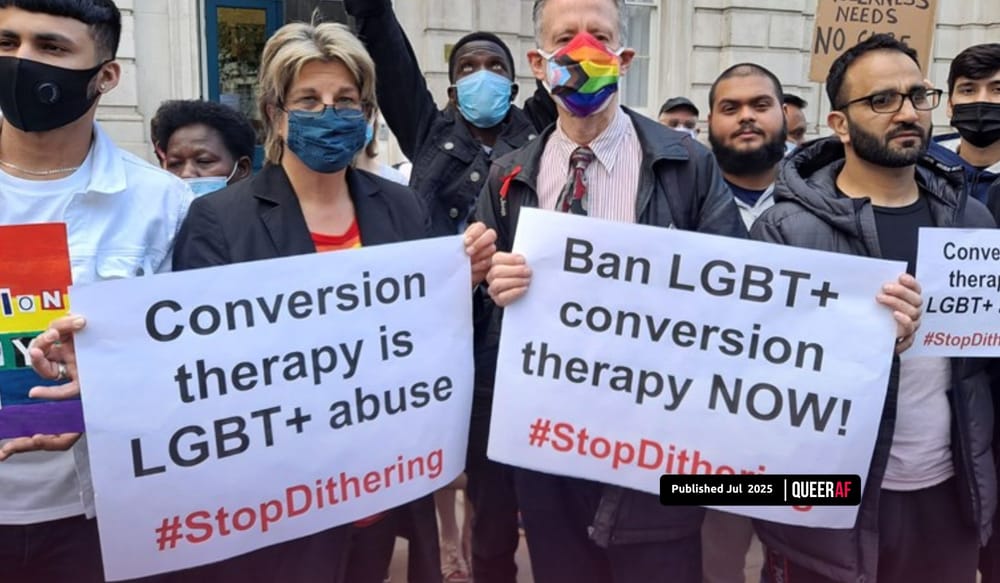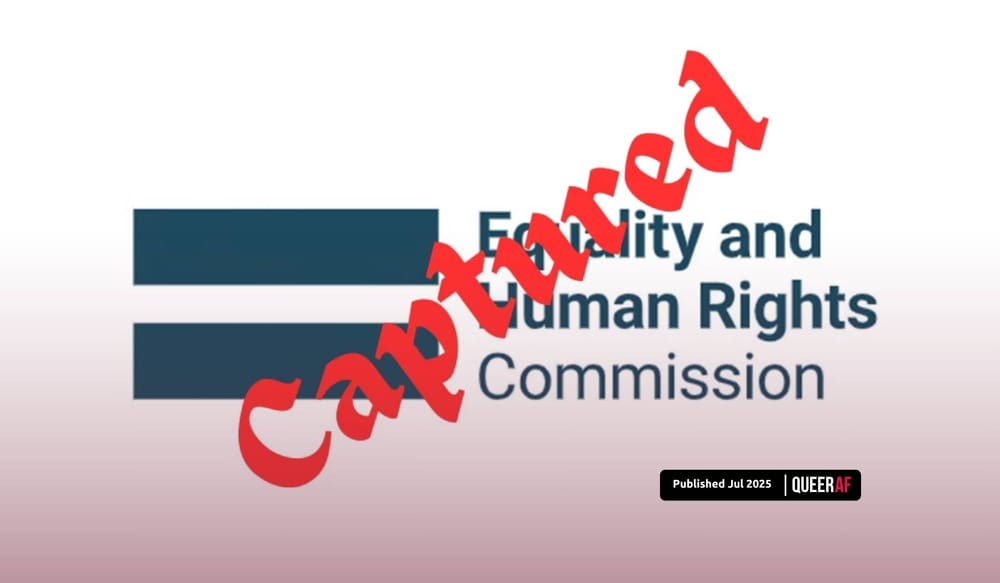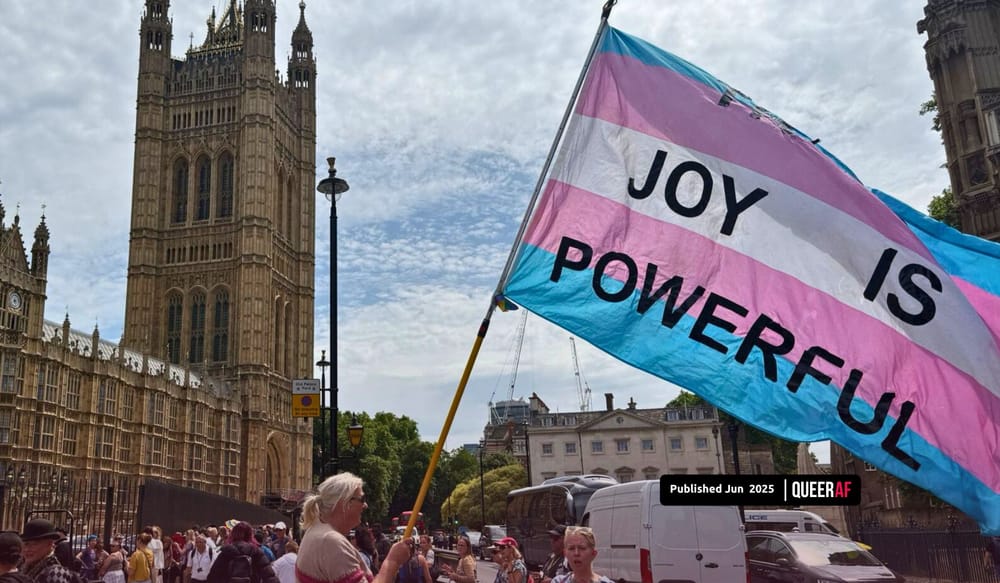TLDR: The World Chess Federation's ban on trans women suggests the body believes women's intellect is inferior to men. The attempt to scapegoat trans women is part of a wider sexist and misogynistic culture that leading women in the sport have been trying to expose for years.
The World Chess Federation has announced that trans women won't be able to compete in elite chess until they've been individually approved, as part of a two-year process to review if trans competitors can continue participating in the sport.
The Swiss-based FIDE announced the ruling would remain in place until an assessment of transition is made by its officials - Sky News
But for many trans activists, allies and organisations, this latest twist in the ongoing conversation around trans people in sport exposes something bigger. As trans activist Katy Montgomerie tweets, "They don't just believe that sex is a non-material immutable binary, they also think that women are intellectually inferior."
What's the real reason World Chess Federation banned trans people?
The document that sets out the ban does little to justify it. Playing chess requires no physical ability - just a great deal of intellect, poise and talent.
Competitive chess is a predominantly male sport. Though federations have created women's, youth and even computer categories to try and address this, women have long been marginalised and excluded in the sport's history.
Just two years ago, the Vice President of FIDE repeated his long-held view that “biological differences” made "men better" at Chess. This is despite other partners at the organisation writing about studies showing "no innate differences in cognitive abilities between men and women when it comes to playing chess".
But all of this largely misses a more important bigger picture and context to this move by FIDE, which has come about amid a series of scandals about the lack of women in the sport.
As writer Charlotte Clymer sets out, this move follows issues like poor planning for women's competitions, sexual assault allegations for the U.S. Grandmaster, and the insistent but ignored advocacy of US Women's champion Jennifer Shahade who has been trying to ring the alarm bells on sexism in the sport for many years.
Analysis: Another organisation using transgender people as a scapegoat
Professor of sociology and education who studies gender and sexuality at Monash University in Australia told the Washington Post the ban suggests that males are somehow strategically better, meaning the move:
"[Isn't] just transphobic, it’s anti-feminist too... [and] likely a political decision rather than an issue of fairness.”
It highlights the hypocrisy of anti-trans activists. As commentator Owen Jones considers seeing them both argue that supporting trans rights is misogynistic - while also arguing:
'We must ban trans women from women’s chess tournaments because we think trans women are men, and we think that women are intellectually inferior to men.'
In a sport with systemic and cultural sexism issues built into its leading body and competitions, this move is an attempt to scapegoat trans women.
Like many of these bans, it makes little consideration for trans men, further highlighting the misogyny behind them rather than attempting to make the sport fairer as they purport to do.

I started QueerAF after an editor told me to 'stop pitching gay stories.'
As a young, budding journalist - this was devastating to hear. And its impact was huge. It made me think pursuing a career with our lives in mind was worthless.
No one should be told their lives aren't worth telling a story about.
I didn't understand it then, but newsrooms create awful experiences like I faced because they are locked into a system of short term, revenue-led incentives.
For too long, the beautiful spectrum of the queer community has been sidelined in the pursuit of clicks, to serve advertisers.
QueerAF is already changing how LGBTQIA+ voices are heard and flourish.
Our community-led platform's editorial decisions are in the hands of readers, not advertisers.
But that's why we need you - our loyal readers to upgrade to paid, in a subscription that does more than offer information, understanding and knowledge.
It also addresses the urgent need to change the mainstream media's disparaging approach to our community. Join us to change the media for good.













